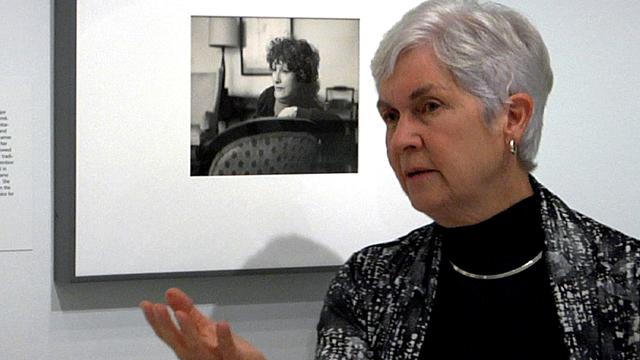Jurgen Moltmann has a wee gem of an essay in his book Experiences in Theology. 'Trinitarian Hermeneutics of 'holy scripture'' is a thoughtful statement on what makes writings 'holy scripture' for the Church, and how these scriptures are most fully and faithfully understood within the story of the Triune God. "The New Testament talks about God by proclaiming in narrative the relationships of the Father the Son and the Spirit, which are relationships of fellowship, and are open to the world."
In that one sentence Moltman brings into dynamic relationship with the Triune God, the triune realities of Scripture, Church and Mission. Much 'missional' theology and practice tends to look to Scripture primarily as its mandate and defining source. As I read Moltmann here and elsewhere, I wonder if he is saying something much more about mission, and about Scripture. The interpretation of Scripture is at its most 'missional' when the hermeneutic lens used is the living witness of a community that embodies Scripture in a way that recalls, re-presents and effectively demonstrates the subject of Scripture – Jesus Christ.
Now I concede that I may be over-reading Moltmann here, but if so it is a trajectory that would still be consistent with his theology. He goes on to reflect on the christological finality, the once for all-ness, of God's revelation and the witness of Scripture.
Then he says this: "What God brings into the world through Christ is life. God the Spirit is the source, wellspring of life – life that is healed, freed, full, indestructible and eternal. Christ himself is the resurrection and the life in person. Those who believe in him will live even though they die, because to them life has been made manifest. They experience it with their senses. So the sending of the Spirit is at the same time the sending of life. From this we can conclude that a 'spiritual interpretation of scripture' has to be a biographical interpretation. Through the ways in which we express our lives we interpret the scriptural texts we live with….The book of the Bible is interpreted by our lived lives, for it is the 'book of life'….The sending of the Spirit (missio Dei) awakens life and multifarious movements of revival and healing. So life is the true interpreter. (146)
Moltmann then explores briefly what life is, what enhances and what diminishes life, what furthers life and what hinders it. He wants the church to work out what in the texts furthers life, and through the texts subject to critique whatever is hostile to life and offers 8 guidelines – here is number 7
What furthers life is, first and last, whatever makes Christ present, Christ who is the resurrection and the life in person; for in and with Christ the kingdom of eternal life is present, and the kingdom overcomes.
Much of what Moltmann is arguing here is rooted in I John 1.1-4, Hebrews 1, John 1. The Trinitarian hermeneutic takes hold of Scripture in the light of the narrative of the relationships between Father, Son and Spirit, as these are revealed in the Gospel story of Jesus. The overarching theme of this story is life, 'the word of life', the one who said 'I am the life' and who promised 'I have come that you might have life to the full', and whose ministry is enabled by the Spirit of life who takes of the things of Jesus and makes them known; the one in whom was life, and the life was the light of all people, this One, is the one who gives eternal life, and calls each person to a living out of the Truth of the one who said 'I am the Life'. In which case Moltmann perhaps helps us to understand more deeply a 'missional' view of Scripture – which is to read scripture in the light of the life of God in Christ, and live as an embodied, related, community of fellowship that is the church, the Body of Christ.
